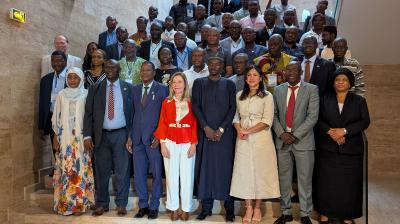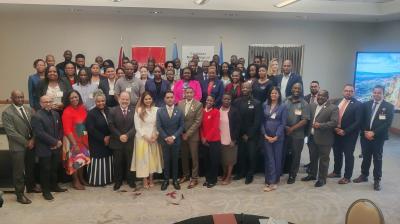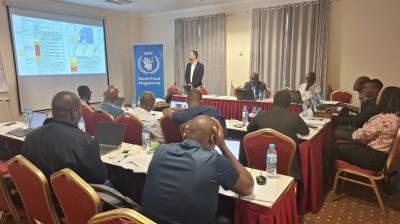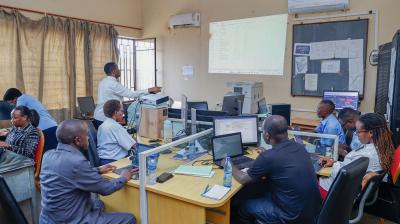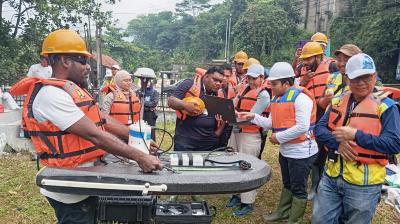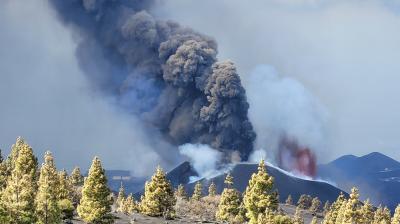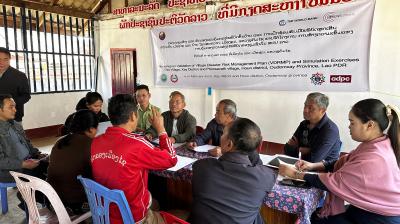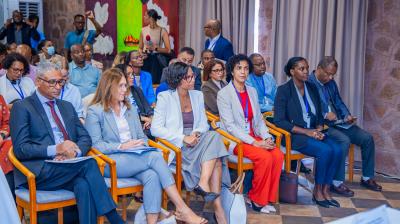Update: Impact-based Forecasting and Warning Services and the Common Alerting Protocol
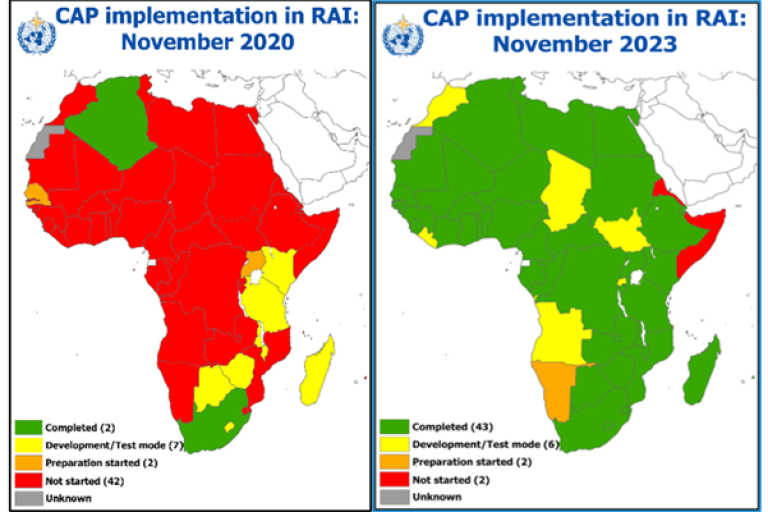
In the ever-evolving landscape of meteorological advancements, the United Nations Early Warnings for All initiative stands as a beacon of progress. At the forefront of this initiative are Impact-based Forecast and Warning Services (IBFWS) and the Common Alerting Protocol (CAP). IBFWS emphasis on providing a clear understanding of the potential impacts of the weather and recommending actions to minimize adverse effects. CAP provides an international standard for communicating essential information on all hazards through all available media. WMO takes centre stage in harnessing these standards to fortify national early warning systems (EWSs). By leveraging CAP, the WMO Global Multi-hazard Alert System (GMAS) increases and enhances the availability of authoritative warnings and information related to extreme weather, water, and climate events, both regionally and globally.
CAP and IBFWS, as promoted by WMO, complement each other seamlessly and are often employed in tandem. WMO commitment to advancing CAP and IBFWS is evident through in-country and online training, eLearning courses, and general capacity building. Over the past year, Africa has witnessed a remarkable 85% operationalization of CAP by WMO Members, showcasing a substantial uptake from 2020 to 2023 (figure above). Most of the training and implementation was delivered by WMO Members in the region who shared the expertise acquired with their operational CAP systems following a peer-to-peer approach.
Pivotal milestones in 2023 were the CAP Caribbean Training Workshops in Belize and Turks and Caicos, made possible through funding from the Climate Risk and Early Warning Systems (CREWS) initiative’s Caribbean Project. Similarly, the CAP Arabic Training Workshops, hosted by the National Centre of Meteorology of Saudi Arabia, expanded CAP operationalization to Bahrain, Qatar and Yemen.
Various other initiatives, including a workshop in Oman to build operational forecasters' capacity in Bangladesh, India, Iraq, Libya, Maldives, Myanmar, Oman, Qatar, Saudi Arabia and Thailand, furthered CAP and IBFWS implementation in the latter half of 2023. The CREWS Cambodia and Lao PDR Project and the WMO Severe Weather Forecasting Programme (CREWS/SWFP) played a crucial role in exposing forecasters and stakeholders in Cambodia to CAP and IBFWS. A workshop held in Phnom Penh showcased the commitment to equipping forecasters with the knowledge to enhance their short- and medium-range forecasting capabilities. Additionally, forecasters and stakeholders from seven sectors were brought together to promote the implementation of CAP and IBFWS (Figure below).

The CAP Training and Implementation Workshop in the Pacific Region, hosted in Vanuatu in November with funding from the CREWS Pacific Project, marked another milestone. With the support from expert lecturers from the region and the Solomon Islands, the NMHSs received hands-on training that reinforced their understanding of CAP through practical exercises and case studies. Twelve Pacific countries are now equipped with the knowledge, tools and resources to promote and implement CAP (Figure below).

As we commemorate one year of progress, the focus shifts to expanding partnerships, collaboration networks, and data sharing to further bolster CAP and IBFWS implementation and sustainability. Looking ahead to 2024, plans include revamping and expanding online resources on CAP, establishing a CAP Help Desk, and developing an IBFWS ecosystem to foster a community of practice.
WMO remains steadfast in its commitment to advancing CAP and IBFWS to ensure that nations are better equipped to face the challenges of a climate change and to provide Early Warnings for All. The World remains a core partner of the WMO in much of the implementation, while NMHSs – the Philippine Atmospheric, Geophysical and Astronomical Services Administration (PAGASA), the Met Office (United Kingdom) and many others – take on much of the peer-to-peer training.
Quick links to CAP and IBFWS resources:
- CAP online course and resources
- IBFWS online course
- WMO Guidelines on Multi-hazard Impact-based Forecast and Warning Services, WMO-No. 1150 part I
- WMO Guidelines on Multi-hazard Impact-based Forecast and Warning Services, Part II: Putting Multi-Hazard IBFWS into Practice, WMO-No. 1150 part II
- Guidelines for Implementation of Common Alerting Protocol (CAP)-Enabled Emergency Alerting, WMO-No. 1109



